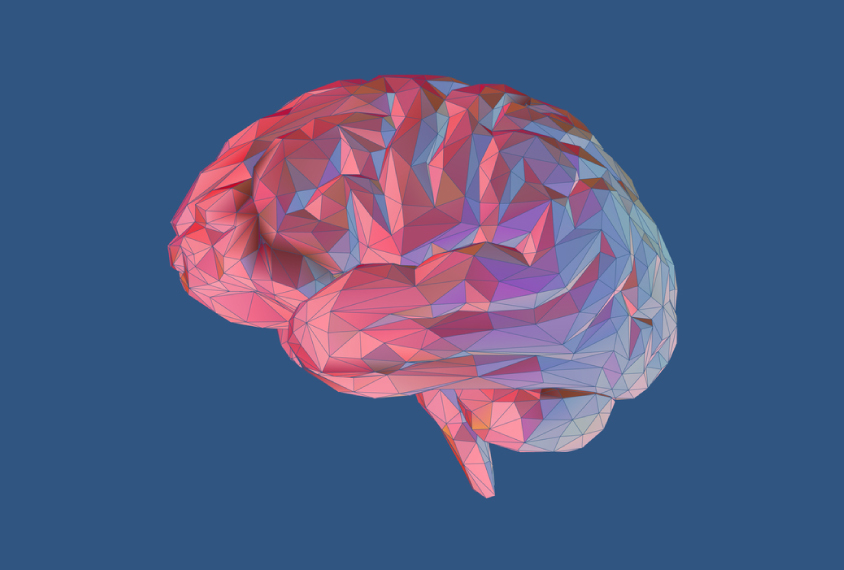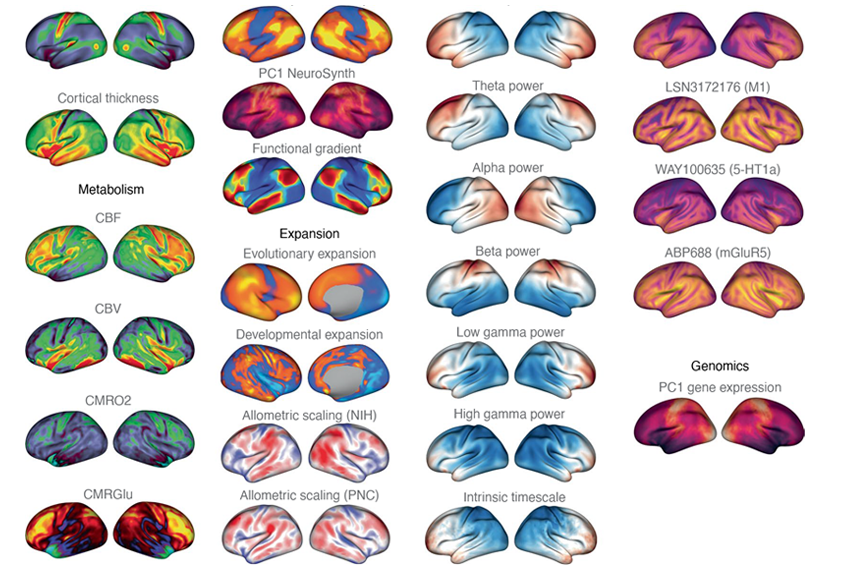Niko McCarty was Spectrum’s data reporter from 2021 to 2022. He has an M.A. from New York University’s Science, Health and Environmental Reporting Program. He also has an M.Res. in systems and synthetic biology from Imperial College London, where he was a Fulbright Scholar, and an M.Sc. in bioengineering from the California Institute of Technology. His prior research focused on engineered microbial communities and building CRISPR-Cas technologies.

Niko McCarty
Former data reporter
Spectrum
From this contributor
Neuroscience journal retracts 13 papers at once
The papers were flagged by a method that has now been called into question.
DNA unwinder tied to social behaviors in mice, zebrafish
Blocking the enzyme, called TOP2A, in embryos makes the animals less inclined to seek companionship later in life.
DNA unwinder tied to social behaviors in mice, zebrafish
Microscopy mash-up quantifies, maps neural circuits
A new method that merges tissue expansion, light-sheet microscopy and automated image segmentation can reconstruct neural circuits in about a week.
Microscopy mash-up quantifies, maps neural circuits
Autism brain signature most pronounced in sensory areas
An analysis of 11 cortical regions shows anterior-to-posterior shifts in gene expression linked to autism.

Autism brain signature most pronounced in sensory areas
New tool transforms, compares dissimilar brain maps
The open-source software makes it possible to overlay disparate datasets and potentially accelerate hypothesis generation.

New tool transforms, compares dissimilar brain maps
Explore more from The Transmitter
Dendrites help neuroscientists see the forest for the trees
Dendritic arbors provide just the right scale to study how individual neurons reciprocally interact with their broader circuitry—and are our best bet to bridge cellular and systems neuroscience.

Dendrites help neuroscientists see the forest for the trees
Dendritic arbors provide just the right scale to study how individual neurons reciprocally interact with their broader circuitry—and are our best bet to bridge cellular and systems neuroscience.
Two primate centers drop ‘primate’ from their name
The Washington and Tulane National Biomedical Research Centers—formerly called National Primate Research Centers—say they made the change to better reflect the breadth of research performed at the centers.

Two primate centers drop ‘primate’ from their name
The Washington and Tulane National Biomedical Research Centers—formerly called National Primate Research Centers—say they made the change to better reflect the breadth of research performed at the centers.
Post-infection immune conflict alters fetal development in some male mice
The immune-conflict between dam and fetus could help explain sex differences in neurodevelopmental conditions.

Post-infection immune conflict alters fetal development in some male mice
The immune-conflict between dam and fetus could help explain sex differences in neurodevelopmental conditions.
